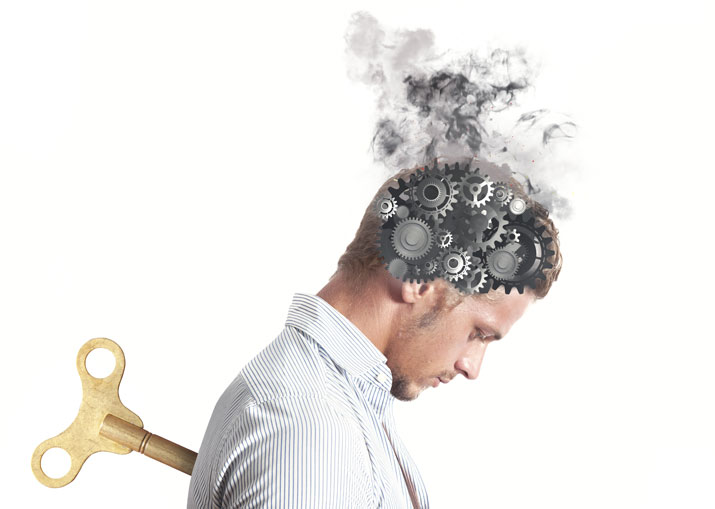
Life can be difficult enough with ‘normal’ pressures and obstacles. Unfortunately, the stresses and challenges that we are facing today are anything but normal. COVID-19 has taken a toll on the mental health of many, resulting in increased rates of stress, anxiety, depression, substance use disorders and various other negative impacts on our daily living. It is a new world with obstacles that are testing the ability to manage change, even for the most resilient individuals. If you feel that you are having a hard time coping or adapting to change because of COVID-19 or any other stresses, there is help! Learning how to manage stress and cope with change, regardless of the stressor is an important life skill that will not only allow you to get through this pandemic but hopefully set you up for success to any challenges that present in the future.

Stress occurs when our perception of life demands exceeds our resources. When this occurs there are various symptoms that we may experience, which we all experience differently. Not all stressors are bad either, nor does every individual experience stress toward the same situations.
What is important to note is your reaction, so you can intervene and regain balance before you become overwhelmed. Stress affects us in 4 main areas: physical, mental/emotional, social/relational, and behaviourally.
Counselling focuses on identifying present stresses and prioritizing them to determine which are the most significant to address initially. During counselling, coping skills, relaxation skills, finding balance in life and changing perceptions are some of the key areas we will focus on.
Common symptoms of stress include:
- Headaches and migraines
- Muscle aches
- Blood sugar changes
- Body aches and pains
- Flare ups of any chronic problem such as arthritis or asthma
- Difficulty sleeping
- Difficulty concentrating
- Forgetfulness
- Cranky and irritable
- Crying more than usual
- Withdrawing from others
- Fighting more with others, feeling angry or irritable with others
- Having a short fuse when a mistake occurs
- Using alcohol or drugs more
- Smoking more
- Sleeping more or less
- Not taking time for exercise or recreational activities
Additional Resources on Stress Management
*Please note that I cannot be responsible for the content, claims or representations of the listed sites.
